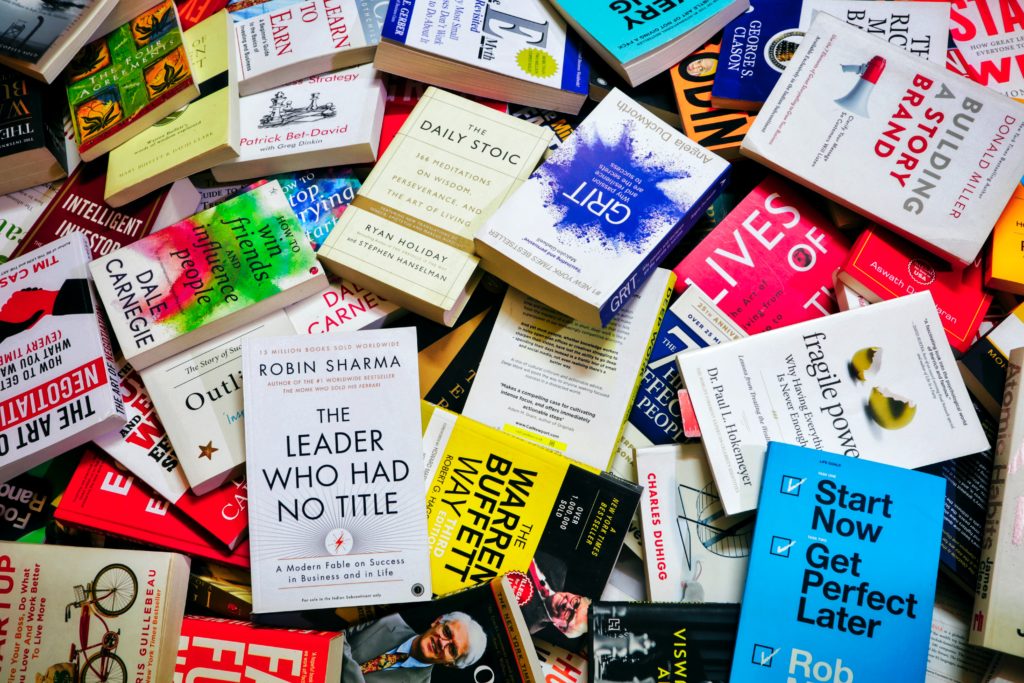
I have been contemplating writing a second non-fiction book, a follow-up to Mastering the Mommy Track. My book was published in the Fall, and since then I have been pitching it to media outlets and bookstores. It has been a tremendous time commitment, one that I have thoroughly enjoyed, but I question whether it is worth it to pursue a second book. And if I do, should I try for a traditional publisher or self-publish? I am undecided as to my next move.
Rather than self-publish, I went with John Hunt Publishing, a traditional publisher in the UK. My literary agent Timothy Staveteig with My Literary Coach recommended I go with them, so I did. Staveteig did shop my proposal around to U.S. publishers before submitting to John Hunt. JHP was opening new imprints, which we hoped would lead to more attention to my book.
Mastering the Mommy Track covers a timely topic, so I wrote it in seven months outside of my freelance writing and PR workload. I decided to promote the book myself to save the cost of an outside publicist. I have a book PR background, so who better to promote it than myself? I garnered some nice editorial reviews and awards, which I shared via social media.
Book signings contributed
The book did help me establish a platform and grow a following on social media (Facebook, Twitter, etc.) Also, by going with a traditional publisher like John Hunt, my book was able to get into select Barnes & Noble stores around the country. One of my career highlights has been my book signings at Barnes & Noble stores in the Northeast. Photos from these events raise visibility on social media and draw more attention to the book.
I have not reaped financial rewards from the book yet, which is frustrating. My contract specifies paperback royalties of a slim percentage of the first 10,000 copies sold. I hear this figure is standard. This makes self-publishing an appealing option going forward so I could take in the profits rather than another entity.
How has my experience with my first book influenced my decision to publish a second (either traditionally or self)?
One thing is for certain: I will not write another book for a traditional publisher unless I get a decent advance, a larger percentage of royalties and a strong PR commitment from the publisher.
Input from other authors
Denise Schipani published her book, Mean Moms Rule: Why Doing the Hard Stuff Now Creates Good Kids Later, last year with Sourcebooks. Schipani told me a slim advance seemed par for the traditional-publishing course (and it was lower than it would have been a couple of years prior), but she was happy with the experience. Would she do it again the traditional way?
Paige Wolf, author of Spit That Out: The Overly Informed Parent’s Guide to Raising Children in the Age of Environmental Guilt, had trouble finding a decent-size publisher to take on her project. She self-published and took on the expense of the book design and formatting, website design, review copies and mailings, etc. Wolf told me her book was also not a moneymaker but it expanded into an enjoyable blogging outlet, and it gave some extra klout to her name for future projects.
For now, I will continue to promote my book when I have free time and see where this leads. I hope that some nice opportunities arise.

